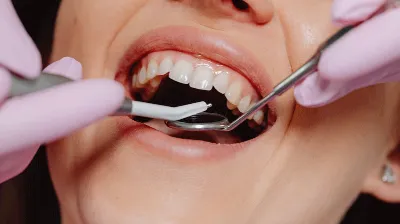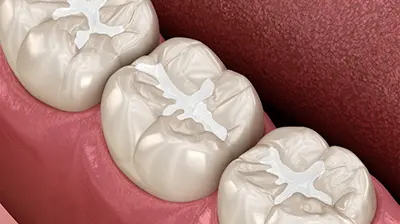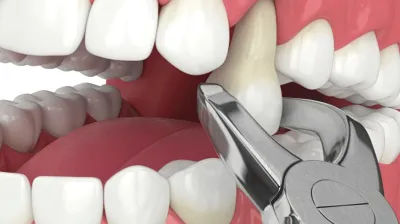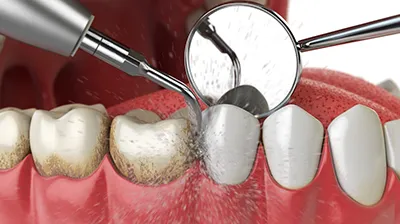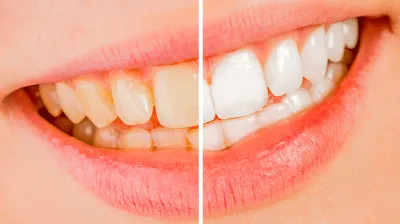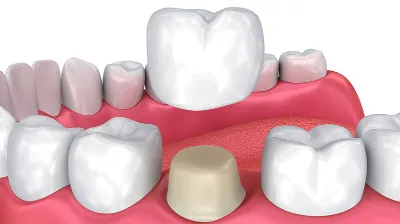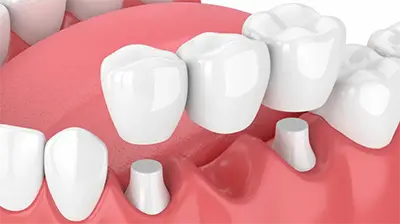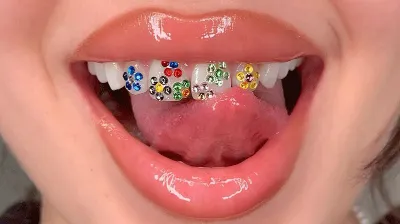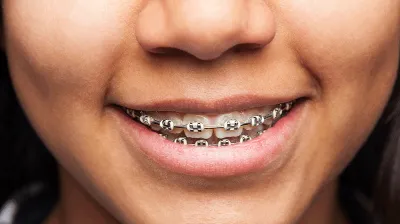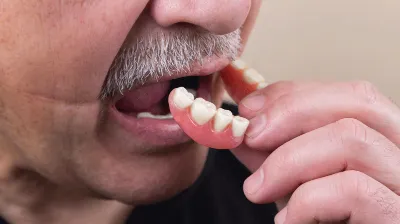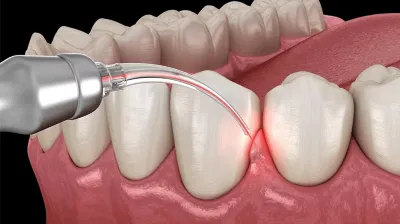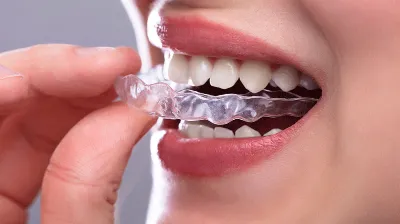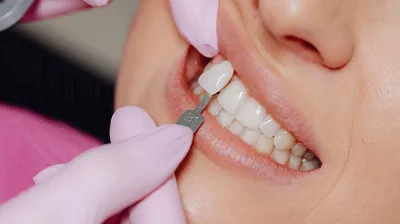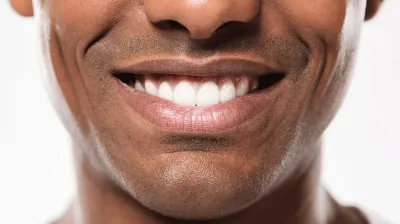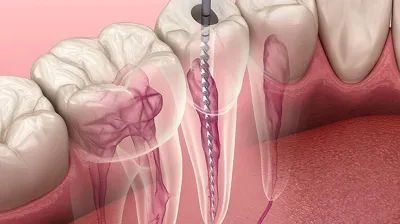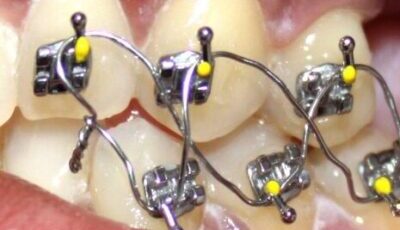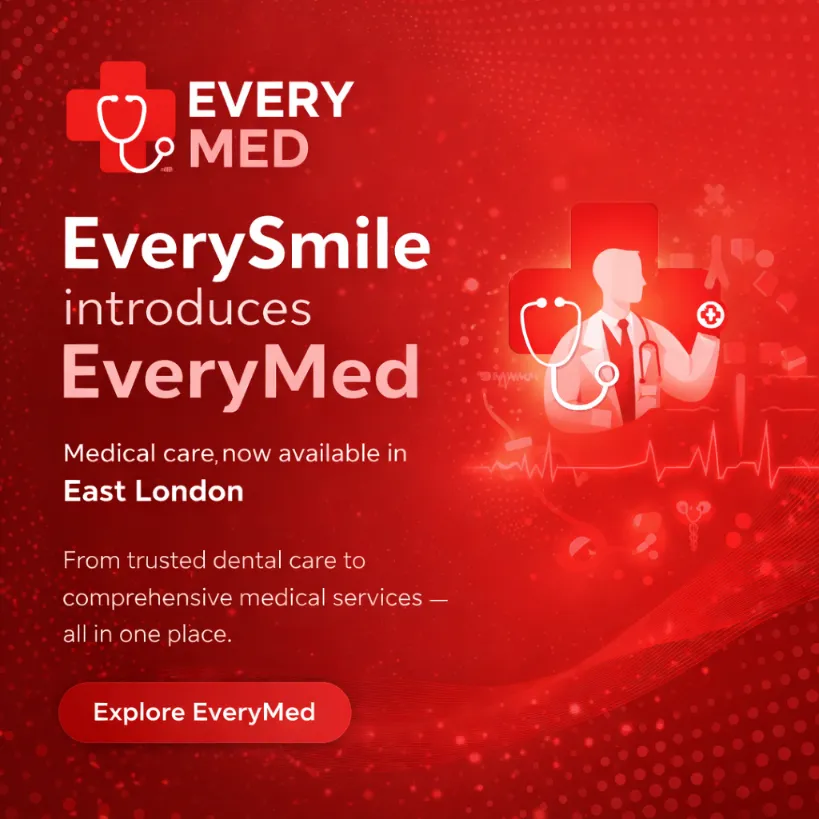Oral Examination In East London: Keep Your Smile Healthy
Stay proactive with your dental health. Our oral exams in East London help detect issues early for better outcomes. Book an appointment today!
Patient-Centered Care
Tailored, comfortable dental services for every individual smile.
All Medical Aids Welcome
Quality dental care made accessible by accepting all medical aids.
Transparent Pricing
Exceptional care at honest prices, ensuring value for every patient.
Providing Quality Dental Care With Experienced Doctors
Get a dental health checkup with a dentist that has your best interest in mind and offers fair rates.
1. Book An Appointment
Visit our website and book an appointment with one of our experienced dentists.
2. Come In For A Consultation
Our team will sit down with you and discuss your dental needs and goals.
3. Get The Perfect Smile
We’ll work with you to develop a treatment plan that will get you the perfect smile.
Comprehensive Oral Examination at Every Smile Dentistry
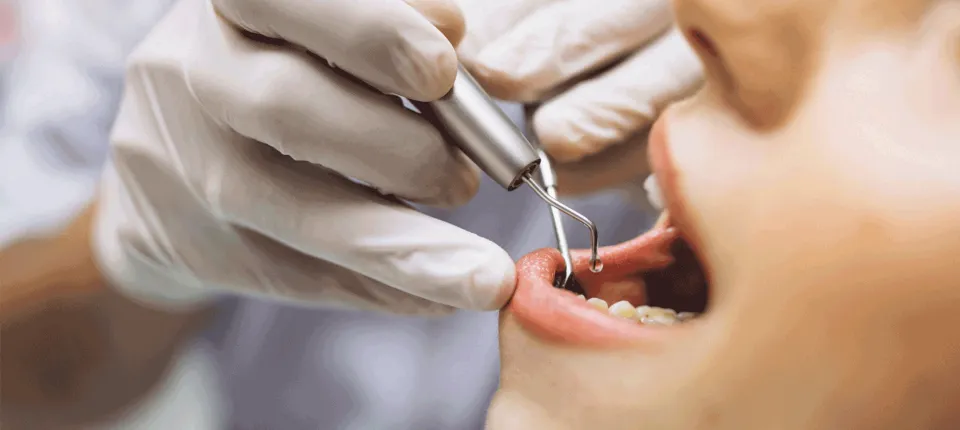
At Every Smile Dentistry, we are dedicated to providing high-quality dental services, and one of the most essential services we offer is a comprehensive oral examination.
An oral examination is a crucial part of maintaining good oral health, as it helps to identify potential problems early and ensures your teeth, gums, and mouth remain healthy.
What is an Oral Examination?
An oral examination involves a thorough assessment of your mouth, teeth, gums, and lips to check for signs of dental problems.
This routine checkup allows dentists to detect early issues that could impact your ability to chew, speak, and maintain good oral hygiene.
During the examination, dental X-rays (radiographs) are often taken to get a detailed view of your teeth and surrounding structures.
X-rays help identify hidden issues, such as cavities, bone loss, or impacted teeth, that cannot be seen during a visual examination.
Your dentist will also check for signs of:
- Tooth decay
- Bone loss
- Gum disease
- Gingival recession
These checks are done using specialized tools such as mirrors, lights, and X-rays to ensure the most accurate diagnosis.
Common Oral Diseases and Their Causes
Oral diseases can cause pain, discomfort, and in some cases, serious health complications if left untreated.
Understanding common oral diseases and their causes can help you take proactive steps toward better oral health.
Gingivitis
Gingivitis is the inflammation and swelling of the gums caused by plaque buildup.
It often develops slowly but can be improved with proper brushing, flossing, and regular dental checkups.
Gingival Bleeding
This condition occurs when plaque buildup causes pressure between the gums and teeth, leading to bleeding.
Reducing sugary foods and improving oral hygiene can help treat and prevent gingival bleeding.
Periodontal Disease
Periodontal disease occurs when bacteria from plaque build up on the teeth, causing inflammation and damage to the supporting structures. It can lead to tooth loss if not treated.
Causes of Oral Diseases:
- Poor Oral Hygiene: Inadequate brushing and flossing can lead to plaque buildup, increasing the risk of gum disease and cavities.
- Excessive Sugar Intake: High sugar consumption can contribute to tooth decay and cavities.
- Infections: Oral infections can cause painful abscesses or sores in the mouth.
- Trauma: Accidents or injuries can damage teeth and gums, potentially leading to gum disease or broken teeth.
Preparing for Your Oral Examination
To get the most out of your oral examination, it’s important to prepare ahead of time:
- Medication List: Bring a list of any medications you’re currently taking or have recently taken. This will help your dentist assess any potential drug interactions that may impact your oral health.
- Avoid Eating or Drinking: Refrain from eating or drinking anything at least an hour before your appointment for a more accurate examination.
- Practice Relaxation Techniques: If you’re feeling anxious, try deep breathing or meditation to help you stay calm during the procedure.
The Oral Examination Procedure
An oral examination involves a comprehensive assessment of your mouth, teeth, and gums using specialized tools to detect potential problems.
Numbing or Anesthesia
If you’re experiencing discomfort or pain, the dentist may administer local anesthesia to numb the affected area and alleviate discomfort during the examination.
Visual Inspection
The dentist or dental hygienist will use tools like small mirrors and dental explorers to inspect each tooth for signs of decay, damage, or other dental issues.
X-Rays
X-rays may be taken to get a more detailed view of the teeth and jawbone, revealing issues that cannot be detected through a visual examination alone.
Diagnosis and Recommendations
If any issues are identified during the examination, the dentist will discuss your treatment options and recommend further care as needed. This may include fillings, crowns, or other restorative or cosmetic procedures.
Benefits of Regular Oral Examinations
Regular oral examinations play a crucial role in maintaining not just your oral health but also your overall well-being. Here are the key benefits:
Early Detection of Dental Problems
Routine checkups help identify potential problems like tooth decay, gum disease, and oral cancer early, before they become more serious and costly to treat.
Prevention of Dental Issues
During an oral examination, your dentist can offer advice on proper brushing and flossing techniques, recommend dental products, and provide preventive care to stop dental problems from developing.
Improved Overall Health
Good oral health is linked to your overall health. Regular dental exams can reduce the risk of conditions such as heart disease, diabetes, and stroke by ensuring your mouth remains healthy and free from infection.
Enhanced Appearance
A healthy, attractive smile boosts confidence and self-esteem. Your dentist can recommend cosmetic procedures to address concerns like stained or misaligned teeth during an oral examination.
Cost Savings
Preventive care through regular checkups can save you money by preventing more severe dental problems that require costly treatments.
Aftercare Following an Oral Examination
After your oral examination, you may experience mild discomfort or sensitivity, which should subside in a few days. To minimize discomfort, follow these tips:
- Avoid Hard or Sticky Foods: Refrain from eating crunchy or sticky foods for a few days after the exam, especially if any dental work was done.
- Use Medications if Necessary: If prescribed, use any medications or special mouthwash to reduce pain or swelling.
- Contact Us with Any Issues: If you experience prolonged discomfort or other issues after your examination, contact us immediately.
Why Choose Every Smile Dentistry for Your Oral Examination?
At Every Smile Dentistry, we are dedicated to providing high-quality dental care and personalized services to all our patients. Here’s why we’re the best choice for your next oral examination:
Experienced Dentists
Our highly trained dentists have the expertise and skills to provide accurate and thorough oral examinations. You can trust that you’re receiving top-notch care with the latest tools and techniques.
State-of-the-Art Facilities
Our clinic is equipped with cutting-edge dental technology to ensure a comfortable and seamless experience, from X-rays to advanced diagnostic tools.
Personalized Care
We believe in personalized care. We’ll take the time to listen to your concerns, assess your unique needs, and develop a tailored treatment plan to maintain or restore your oral health.
Friendly Environment
Our welcoming staff is dedicated to ensuring that your visit is as stress-free and comfortable as possible. We’re here to support you through every step of your dental care.
Convenient Scheduling
We offer flexible appointment times, including early mornings and late evenings, to fit your busy schedule. We’re committed to providing prompt, efficient care that suits your lifestyle.
Schedule Your Oral Examination Today
Regular oral examinations are critical for maintaining good oral health and preventing future dental problems.
If it’s time for your checkup or if you have concerns about your oral health, contact Every Smile Dentistry today to schedule your appointment.
We look forward to helping you achieve and maintain a healthy, beautiful smile!
Every Smile Dentistry Treatments
Every Smile Dentistry is a professional dental practice that includes General, Cosmetic, Aesthetic, and Emergency for you and your family with a team of experienced dentists and friendly prices.
Frequently Asked Questions Answered
What is a comprehensive oral examination?
A comprehensive oral examination is a thorough assessment of your mouth, including teeth, gums, lips, and other oral structures. It helps detect any early signs of dental issues like cavities, gum disease, and more, ensuring you maintain good oral health.
What does an oral examination include?
During an oral examination, your dentist will inspect your teeth and gums for signs of decay, gum disease, and other issues. X-rays may be taken to identify hidden problems, such as bone loss or impacted teeth. The dentist will also check for signs of gingival recession, infections, and other oral health issues.
Why are X-rays necessary during an oral exam?
X-rays provide a detailed view of your teeth and jaw, helping your dentist detect issues not visible during a visual exam, such as cavities between teeth, bone loss, impacted teeth, or abnormalities in tooth development.
How often should I have an oral examination?
It’s recommended to have an oral examination at least once every six months. However, your dentist may suggest more frequent exams if you have a history of dental issues or other risk factors.
What can I do to prepare for my oral examination?
Bring a list of any medications you’re taking, as this information can help your dentist assess potential impacts on your oral health. Avoid eating or drinking right before the exam, and practice relaxation techniques if you’re feeling anxious.
What are the common oral diseases that can be identified during an examination?
Common issues include gingivitis, gingival bleeding, periodontal disease, and tooth decay. Your dentist will also look for signs of oral infections and other conditions that could impact your overall oral health.
Is the oral examination procedure painful?
Oral exams are typically painless. If any discomfort is expected, such as during an X-ray or cleaning, your dentist may use a local anesthetic to minimize discomfort.
How long does an oral examination take?
The duration of an oral exam can vary, but it usually takes around 30 to 60 minutes. This includes time for both the visual examination and any necessary X-rays.
East London Neighborhood Discovery
Every Smile Dentist Near Me
WHAT PEOPLE ARE SAYING ABOUT US
Don't just take our word for it.
EXCELLENTTrustindex verifies that the original source of the review is Google. I visited Every Smile Dentistry for the first time today and I am pleased with the service I received. The receptions was very warm and welcoming. I was attended to by Dr A Somtunzi who was also so friendly and welcoming. I had my teeth cleaned and a filling done. She gave a detailed explanation of what needed to be done. She was so gentle and I felt no discomfort at all. I’m happy with the work she did. Outside the excellent service, I think the thoughtful gesture of having ladies essentials in the rest room for everyone to use won my heartPosted onTrustindex verifies that the original source of the review is Google. Did a filling and washing of teeth. Amazing pain-free experience, user friendly from online booking to sitting on the dental chair. GQEBERHA branch treated me soft.Posted onTrustindex verifies that the original source of the review is Google. Haven't gone to the dentist in years so I was really nervous about this visit but the atmosphere in that office? So calm and so friendly. I would recommend this place to everyone, Sthabile Aphiwe Majola is definitely the kind of dentist everyone wants to have✨✨.Posted onTrustindex verifies that the original source of the review is Google. Best place ever,first the receptionist is so friendly and welcoming and the doctors are the best they make you feel comfortable before everything I would recommend them to anyone👌Posted onTrustindex verifies that the original source of the review is Google. The staff ,Dr Govender they are so friendly, they made me to feel very comfortable I would go there every time I want to do my teeth
What Are You Waiting For...
Make an appointment
Get a dental health checkup with a dentist that has your best interest in mind and offers fair rates.
Our location
29 Union Ave, Selborne, East London, 5213
Contact
Phone: +27 43 722 1659
Email: info@everysmile.co.za
Opening Hours
Mon-Fri: 8am-5pm
Sat: 8am-2pm
Sun: Closed

